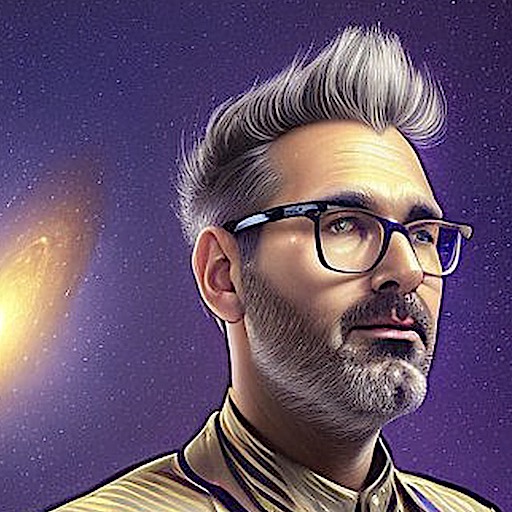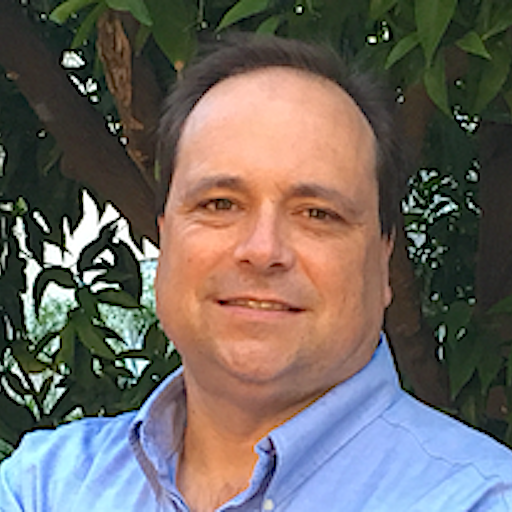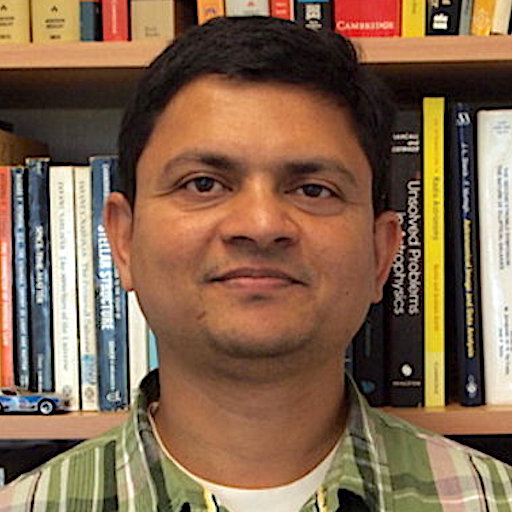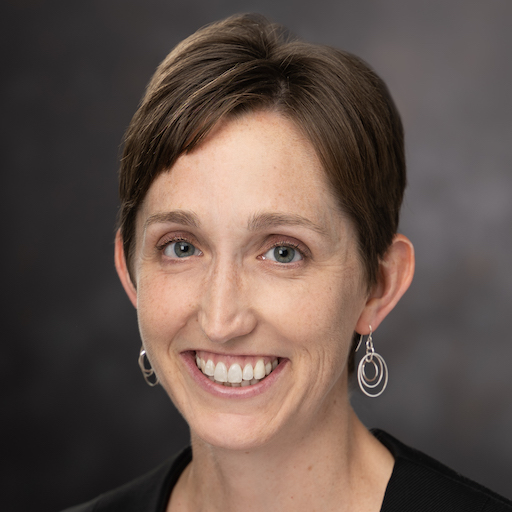
Chris Mattmann
Chris Mattmann is the Principal Data Scientist and Chief Technology and Innovation Officer in the Office of the Chief Information Officer at JPL, and the manager of JPL's Open Source Applications office.
He will explain how JPL’s Chief Technology and Innovation Office explores and researches AI, Analytics, and Innovation in the Information Technology and Solutions Directorate (ITSD) supports advanced analytics, AI and Machine Learning for Smarter Rovers, a Smarter Campus, and beyond.

Sameer Singh
Sameer Singh is an Associate Professor of Computer Science at the University of California, Irvine (UCI). He is working primarily on robustness and interpretability of machine learning algorithms, along with models that reason with text and structure for natural language processing.
We introduce model-agnostic approaches for explaining machine learning predictions and testing algorithms to ensure their robustness. The goal is to create tools that are broadly applicable to any existing and future machine learning algorithms and produce intuitive, user-friendly descriptions to encourage wider adoption. Our ultimate objective is to advocate for more responsible use of machine learning, which can have a deep and transformative impact on its applications.
Ciro Donalek
Ciro Donalek is the Chief Technology Officer and a co-founder of Virtualitics, Inc., and was recently named to CTO Boardroom Media’s World’s Top Chief Technology Officers. He works on advanced data analytics the use of Mixed Reality for immersive data visualization, exploration, and machine learning.
Intelligent exploration is the practice of using AI to guide a user through the analysis of multidimensional, massive, datasets. Generative AI can be used to create content (such as text and visualizations) and can be used to ask questions in a more intuitive way. By coupling intelligent exploration and LLMs we can create tools that can explore complex datasets more effectively. This can lead to new discoveries and insights that would not be possible with traditional methods.

Dan Crichton
Dan Crichton is a program manager, principal investigator, principal computer scientist, and the Leader of the Center for Data Science and Technology at JPL, working on data science, software, and computing projects, particularly to support physical and biological sciences. He led re-development of the NASA Planetary Data System and led a project to support the transfer of space data and computing methodologies to cancer research.
NASA’s space-based observation platforms generate unprecedented amount of data, requiring new capabilities, ranging from enabling significantly greater computing capabilities onboard and across robotic spacecraft, to drive autonomy, interpretation and automation, and to support new computing architectures that bring space and ground systems seamlessly together. We will discuss the challenges and opportunities for future observing systems for space, and the integration of these capabilities into the next generation of space observing systems.

Ashish Mahabal
Ashish Mahabal is an astronomer and lead computational and data scientist at Caltech. He has worked on many large sky surveys, and leads the machine learning group for the Zwicky Transient Facility (ZTF) with a special interest in classification. He also applies data science techniques to early detection of cancer and other medical data in collaboration with JPL.
For space missions that venture far from Earth, real-time decision-making isn't always possible due to numerous challenges. Many deep-space science cases revolve around change detection, and anomaly detection. We will outline a few science cases, and show how advances in data fusion and machine learning pave a way for progress and innovation in such contexts. Finally, we propose steps to equip near-future missions to make the best of such capabilities.

Laura Kennedy
Laura Kennedy is the leader of the Applied Space Systems Group at MIT Lincoln Laboratory. Her team develops prototype sensor systems for satellites to detect and quantify naturally occurring and man-made phenomena on Earth’s surface, within the atmosphere, and in outer space. Her primary technical expertise is in software development for automated image processing and analysis of large spatio-temporal databases.
The Director of the National Reconnaissance Office, Dr. Chris Scolese, remarked in his keynote address at the Space Symposium in April 2023, “We’re also increasing automation, multi-intelligence processes and machine learning capabilities so we can operate at the speed of machines, and deliver the right information at the right time to the right place”. This contribution will highlight the potential impact of advancements in scalable in-space computing, data and networking services from the perspective of Intelligence, Surveillance, and Reconnaissance applications.
